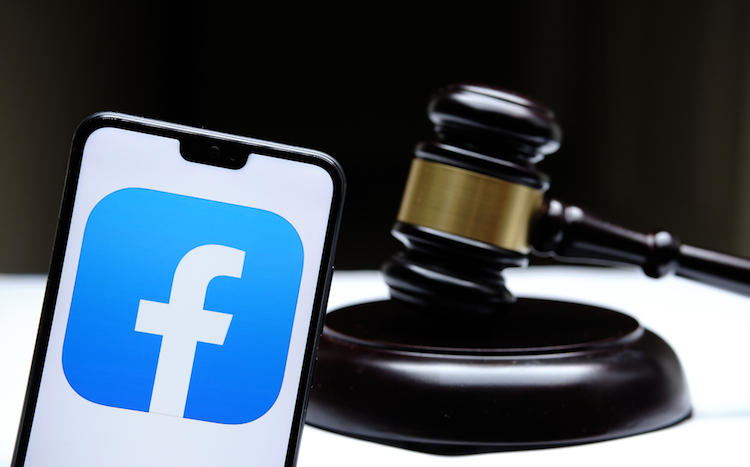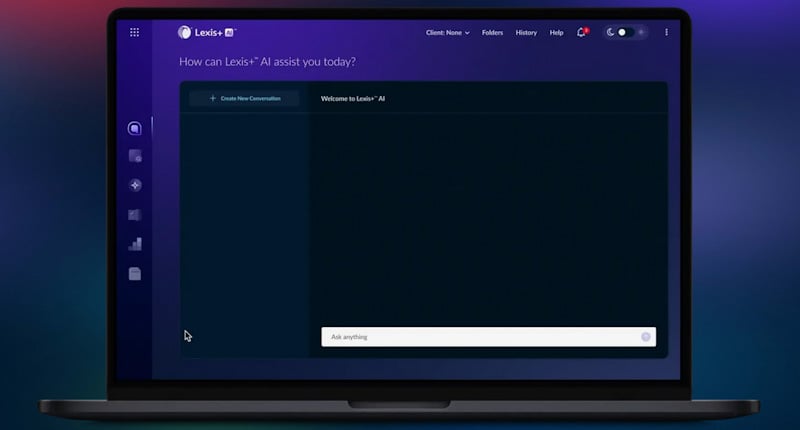Judge sanctions Facebook and BigLaw firm $925K for 'delay, misdirection and frivolous arguments'

Image from Shutterstock.
A federal judge in San Francisco has ordered Facebook and Gibson, Dunn & Crutcher to pay a sanction of $925,000 for an “unusually egregious and persistent” effort to use “delay, misdirection and frivolous arguments to make litigation unfairly difficult and expensive for their opponents.”
U.S. District Judge Vince Chhabria of the Northern District of California said in a Feb. 9 decision Facebook and Gibson Dunn are jointly and severally liable for the sanction, imposed in litigation over Facebook practices that allowed the sharing of users’ personal information.
“To be sure, this amount is loose change for a company like Facebook and even for a law firm like Gibson Dunn,” Chhabria wrote. “But it’s important for courts to help protect litigants from suffering financial harm as a result of their opponents’ litigation misconduct. And hopefully, this ruling will create some incentive for Facebook and Gibson Dunn (and perhaps even others) to behave more honorably moving forward.”
Chhabria twice mentioned gaslighting in the decision. He wrote that Facebook and Gibson Dunn appeared to be trying to gaslight their opponents—and the court—when they argued against disclosure of emails and asserted that their opponents’ efforts to obtain relevant discovery were frivolous.
The case before Chhabria concerned British consulting company Cambridge Analytica’s use of Facebook users’ data. Cambridge Analytica had purchased the information from a data scientist who used an app launched on Facebook’s platform to collect it. Cambridge Analytica used the information to send targeted political ads to voters.
Chhabria addressed four areas of concern:
• The plaintiffs’ attempts to obtain materials about Facebook’s investigation of apps that could access personal information of Facebook users and their Facebook friends. At first, Facebook and Gibson Dunn had contended that the entire investigation was covered by attorney-client and work-product privilege, a position rejected by a magistrate judge.
“Perhaps realizing they had no real argument for withholding these documents,” Chhabria wrote, “Facebook and Gibson Dunn contorted various statements made by opposing counsel and the magistrate judge beyond recognition, using them to argue that everyone had already agreed that Facebook need not produce the communications—even as the plaintiffs continued to demand them.”
• The named plaintiffs’ attempts to identify the information that Facebook had collected about them, which could help them identify what kind of information might have been accessed by app developers and business partners. The information is “spread across Facebook’s complex data storage system” and is not consolidated in one location, Chhabria said. The plaintiffs alleged that when they asked for developer manuals or other documents describing the system, “Gibson Dunn repeatedly told them to ‘Google’ that information,” according to Chhabria.
Facebook wanted to produce only data that it conceded that it had shared with third parties, effectively asking the plaintiffs to “take at face value” its assertions about what had been shared, Chhabria said. “Merely reciting this argument shows how ridiculous it is, but Facebook and Gibson Dunn repeated it over, and over, and over again—despite the presiding magistrate judge telling them many times that it made no sense,” Chhabria said.
• Deposition conduct by Facebook and Gibson Dunn. In one deposition, Gibson Dunn instructed a Facebook employee not to answer at least 22 times on the ground that the question asked was beyond the scope of the deposition notice. “The witness herself emulated her lawyer’s belligerence, refusing to answer questions without even waiting for an objection,” Chhabria said.
• Facebook and Gibson Dunn’s over-designation of documents as privileged. Facebook had listed about 15,000 documents on a privilege log that did not include the documents related to the app investigation. After the court “ripped into Facebook and Gibson Dunn for stonewalling,” Facebook accelerated production of documents but added more than 180,000 documents to its privilege log. After a new review, Facebook dropped privilege claims for more than 53,000 documents and offered nearly 7,500 additional documents that were originally withheld.
“Sometimes lawyers and their clients engage in conduct of this sort because they are incompetent,” Chhabria said. “Facebook and Gibson Dunn are not incompetent. Sometimes lawyers reflexively oppose the other side’s requests without giving any thought to their actions. That does not seem like Facebook and Gibson Dunn. Instead, the court finds by clear and convincing evidence that Facebook and Gibson Dunn’s conduct reflected a sustained, concerted, bad-faith effort to throw obstacle after obstacle in front of the plaintiffs—all in an attempt to push the plaintiffs into settling the case for less than they would have gotten otherwise.”
The sanction is for plaintiffs’ fees and costs after a magistrate judge rejected Facebook’s discovery arguments. Chhabria lopped off part of the money requested, however, out of “an abundance of caution.”
A Gibson Dunn spokesperson did not immediately respond to an ABA Journal email seeking comment.
Lawyers reached an agreement to settle the multidistrict litigation for $725 million in late 2022, Law360 reports.
Other publications covering Chhabria’s order include Law.com, and Reuters.
See also:
ABAJournal.com: “Tech companies under fire: Facebook to pay $5B, antitrust probe opened, AG Barr criticizes encryption”
ABAJournal.com: “Judge criticizes Gibson Dunn and Facebook for alleged effort to ‘obstruct and delay’ discovery”



